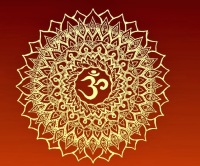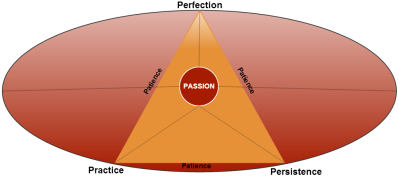The idea of penning down this post occurred, when there was a casual discussion with my friends and colleagues about the interesting values behind Ramayana and Mahabharata.
In my observations, I noted that believers of God, had always sought or resorted to God, during their tough times. Generally believers of Hinduism, not only put the onus of their tough situations on God, but also on their own fate. So what is fate or destiny or karma?
Fate (leaving aside the bookish definitions) can be considered as a meritorious system of effects for the deeds done by a person – which we either construe as rewards or punishments; rewards for good deeds and punishments for bad deeds; which in Hinduism, not only relates to what one does in his current birth but also had carried forward from his/her previous births (what else can explain about a child being born to poor parents, while at the same time and almost at the same place, another child being born to rich parents).
The role of God is to serve as an administrator or that of an implementer of the fate or meritorious system. God may give solace, reduce the impact, or effect of a bad fate, and even may help you to completely pass you through the tough times, but then wise men say that, it is how the fate has been defined for you – that you will be blessed and be guided by God.
Therefore, God as an administrator (though very much could be the creator) of this system, reserves the right to add/increase/decrease/remove the effects, therefore bringing in the flexibility to the otherwise rigid system of cause (deeds) & effect. However it should be noted that whatever the deeds and effects may be, they once again gets added up to one’s list, and will be evaluated again as the cycle (of birth and death) continues.
P.S: May be this merit system can be thought of a well-balanced zero-sum game, another example highlighting the art of delicate balancing.



